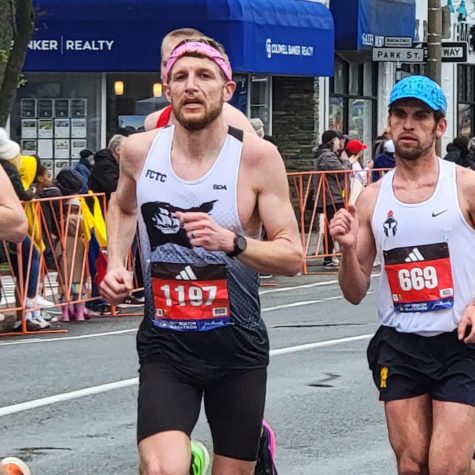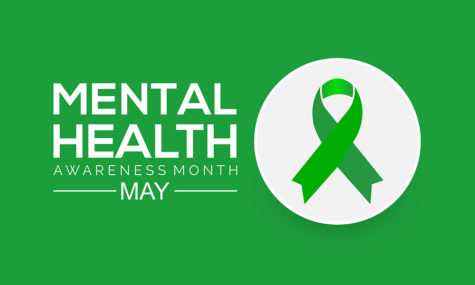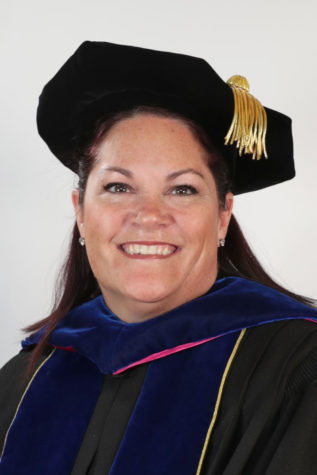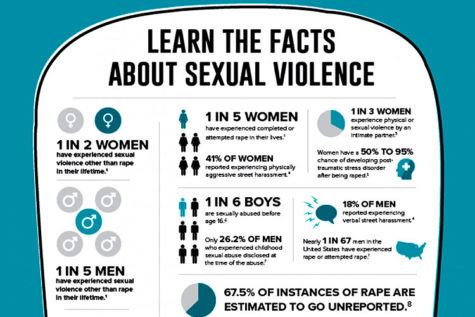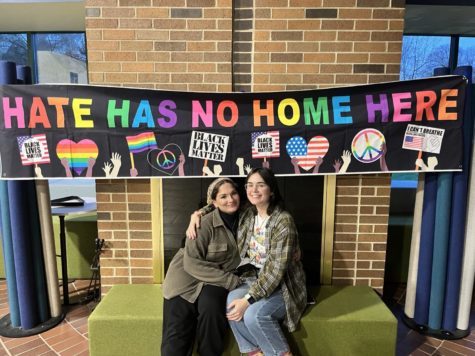Be the Change: “The Time for Change is Now, and We Are All Called”
April 24, 2021
This is the third place essay in the “Be the Change” Essay Contest. Enjoy is thought-provoking piece entitled “The Time for Change is Now, and We Are All Called.”
In the United States, it is no debate whether racism is prevalent in society and deeply impacting vast swaths of the population. In the past year alone, there has been increased demands for justice following centuries of inequality and racism in our country.
In a system as deeply flawed as the one existing in the US, it cannot be expected to change quickly. Although many argue that racism is not a problem in the US, citing the lack of slavery and blatantly discriminatory laws, racism is embedded into our society in different ways. College admissions, company hiring practices, the criminal justice system, the way people treat others –racism is not always explicitly written into our legal system.
I have had the privilege of not being directly affected by racism in my life. As a white American I have never experienced being discriminated against just because of the color of my skin, as many of my peers have. Our Mercyhurst community has many of the same problems that plague Erie, Pennsylvania and the rest of the country.
Although I have not personally witnessed racist remarks or actions on campus, I have heard first-hand from students, faculty, and staff members who have experienced racism on campus as well as in the larger Erie community.
Over the past several months I have been working to help make the Mercyhurst community more actively anti-racist. Working with other students and faculty to help bring awareness, education, and change to campus has been an eye-opening experience. It is not enough to just acknowledge the systemic racism present in our society, and merely accepting that it exists is not an option. Rather, we must all consciously work together to amend the injustices.
That being said, there are many things that individuals and communities can do to be more anti-racist and inclusive. First and foremost, seeking to be educated and then sharing with others is essential for improving society. We cannot change others until we change ourselves.
Reading reliable sources, whether in print or online, watching educational films, and speaking with others who have been impacted by systemic racism are all ways that we can become more aware of the existing issues. Once you have begun to educate yourself, you can then share what you have learned with others in order to effect greater change.
It is important to note, however, that this is an infinite process; it is impossible to be fully educated on the complex and far-reaching issues that go along with racism.
At Mercyhurst, there have been many initiatives that seek to raise awareness and increasingly educate every member of our community. From reading books that shed light on the experiences of those affected by racism and that educate people on how to approach conversations about race, discussing systemic issues with other community members, and watching educational films, Mercyhurst has been working hard to start a conversation on campus. In addition to education, action is an essential part of being anti-racist.
While it is important to understand the issues our society faces, without action it will mean nothing in terms of actually making a change in the greater society.
On an individual level, we can contact government representatives and others who have the ability to make legal changes to increase equity and inclusivity. We can also donate to social change organizations, sign petitions, volunteer our time, and participate in further educational efforts.
On a larger scale, such as at a university, ensuring that there is equal racial representation among the student body, faculty, staff, and administration is imperative for establishing a diverse and inclusive campus community.
We must address the issue of racism in the United States (and the greater global community) now. We cannot label it as a concern to be addressed “later,” nor can we leave the work to be done by others. We must be active participants in the fight against social injustices or else we will never see real change.


